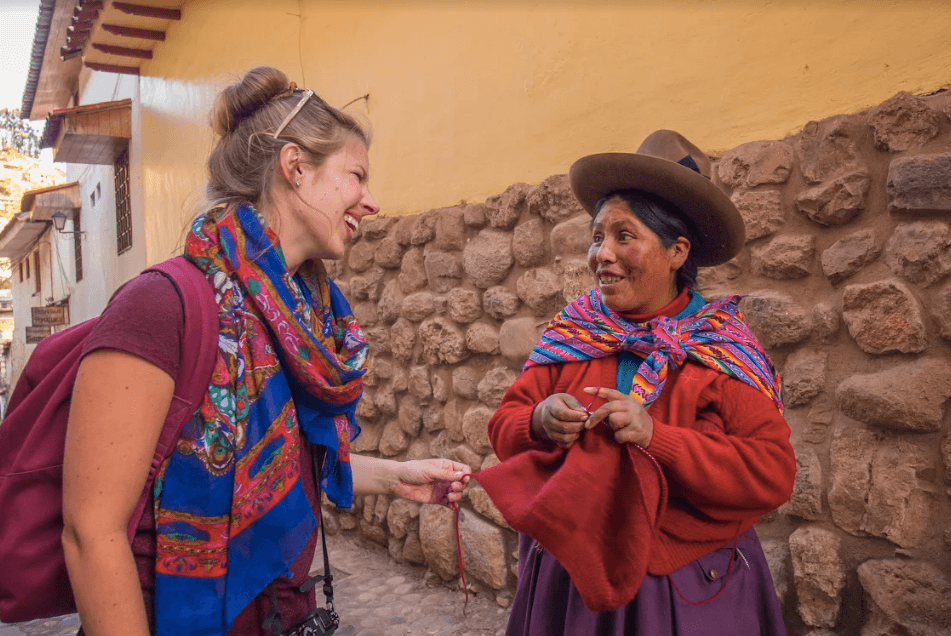If you’re a traveler keen on making sure your dollars are spent on making a positive difference, how do you know you’re making the right choices and not falling for greenwashing claims?
I asked Leigh Barnes, who is the chief purpose officer of Melbourne-based Intrepid Travel. Intrepid, a $400-million company, became the world’s largest travel B Corp earlier this month, 30 years after its founding. B Corp certified businesses have to meet high social and environmental standards, public transparency, and balance profit and purpose.






